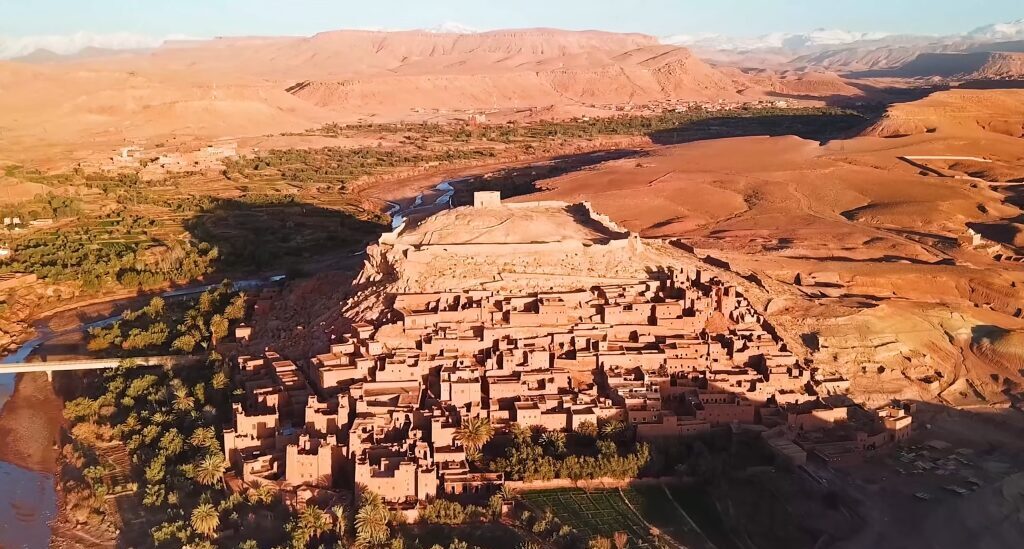Imagine a scenario where a single terrorist attack could jeopardize your vacation plans and put your safety at risk. That’s the harsh reality facing U.S. citizens traveling to Morocco, according to the latest travel advisory issued by the U.S. Department of State. With terrorist groups actively plotting possible attacks in the country, the stakes have never been higher for those seeking to explore Morocco’s vibrant culture and stunning landscapes.
As a seasoned traveler, the thought of navigating a foreign country amidst such a heightened security climate can be daunting. However, by heeding the guidance provided in the U.S. government’s advisory, you can minimize the risks and fully immerse yourself in the wonders that Morocco has to offer. The key is staying vigilant, avoiding potential flashpoints, and ensuring you have a plan in place should an emergency arise.
Key Takeaways
- The U.S. Department of State has issued a Morocco Travel Advisory due to the threat of terrorism.
- Terrorist groups continue to plot possible attacks in Morocco, targeting tourist locations, transportation hubs, and local government facilities.
- Travelers are advised to stay alert in crowded areas, avoid demonstrations, and enroll in the Smart Traveler Enrollment Program (STEP).
- Crimes of fraud, including passing bad checks or non-payment of bills, are considered serious in Morocco and can result in imprisonment.
- Obtaining a residency permit in Morocco requires a criminal history record check from the United States.
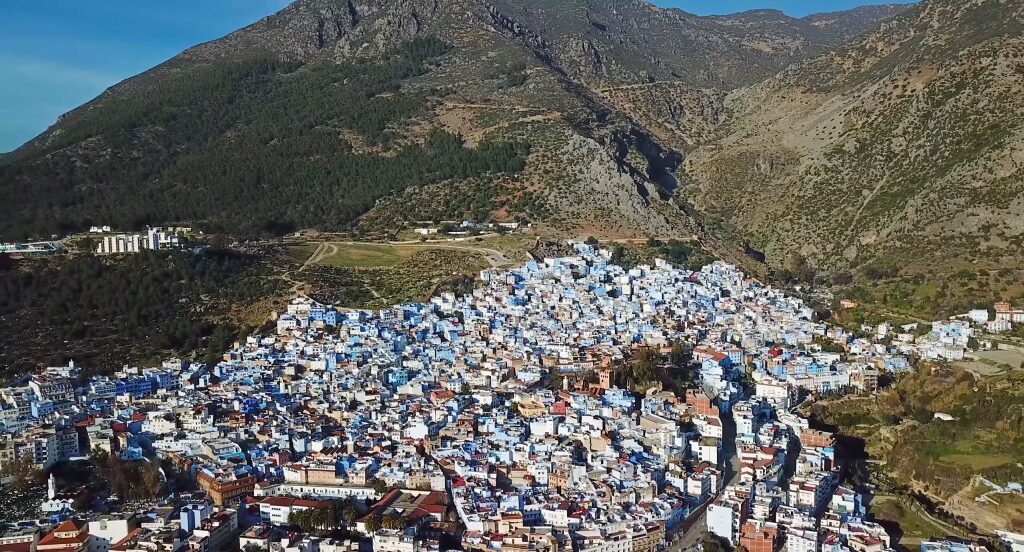
Current Travel Warnings and Risks
As the U.S. Department of State has highlighted, travelers to Morocco must exercise increased caution due to the ongoing threat of terrorism. Terrorist groups continue to plot potential attacks in the country, particularly targeting tourist locations, transportation hubs, markets/shopping malls, and government facilities. Visitors are advised to remain vigilant in these frequented areas.
Terrorism Threats
According to the travel advisory, terrorist organizations may strike with little or no warning, posing a significant risk to both local residents and tourists in Morocco. The U.S. government urges all travelers to be on high alert and to avoid crowded or densely populated areas that could be potential targets for extremist activities.
Political Unrest
In addition to the terrorism threat, the travel advisory also warns of the risk of political unrest in Morocco. Demonstrations and large gatherings, which can be flashpoints for violence, should be strictly avoided by visitors. Travelers are advised to monitor local news and social media for updates on any emerging situations that could disrupt their plans.
Crime and Fraud
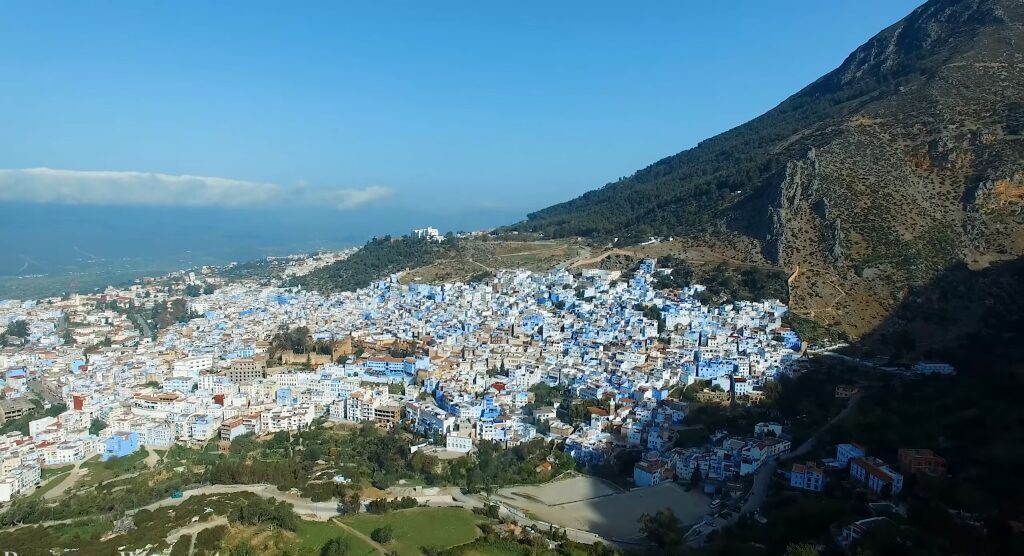
The U.S. Department of State’s Morocco Travel Advisory also notes that crimes of fraud, including passing bad checks, non-payment of bills, or breach of contract, are treated seriously in the country. Such offenses can often result in imprisonment and/or fines, and bail is generally not available for non-residents who are arrested. Visitors should exercise caution in financial transactions and be mindful of local laws and regulations.
| Travel Threat | Description | Impact on Travelers |
|---|---|---|
| Morocco Terrorism Threats | Terrorist groups continue to plot potential attacks, targeting tourist locations, transportation hubs, markets/shopping malls, and government facilities. | Visitors must remain vigilant and avoid crowded areas that could be targets for extremist activities. |
| Morocco Political Unrest | The travel advisory warns of the risk of political demonstrations and gatherings that can escalate into violence. | Travelers should monitor local news and social media for updates on any emerging situations and avoid participating in or being near such events. |
| Morocco Crime and Fraud | Crimes of fraud, including passing bad checks, non-payment of bills, or breach of contract, are treated seriously in Morocco and can result in imprisonment and/or fines. | Visitors should exercise caution in financial transactions and be aware of local laws and regulations to avoid legal issues. |
Travel Safety Tips
When visiting Morocco, the U.S. Department of State advises U.S. citizens to stay alert in locations frequented by tourists, such as tourist areas, transportation hubs, markets, and shopping malls. These areas can be potential targets for terrorist attacks, so it’s crucial to remain vigilant and aware of your surroundings at all times.
In addition to staying alert, it’s also essential to avoid demonstrations and crowds. These gatherings can quickly turn volatile and put you at risk. The U.S. government strongly recommends that travelers to Morocco steer clear of such situations.
Finally, the U.S. government advises that all U.S. citizens traveling to Morocco enroll in the Smart Traveler Enrollment Program (STEP). This program allows the U.S. government to keep you informed about safety and security updates, and makes it easier for them to locate and assist you in an emergency.
Entry and Exit Requirements
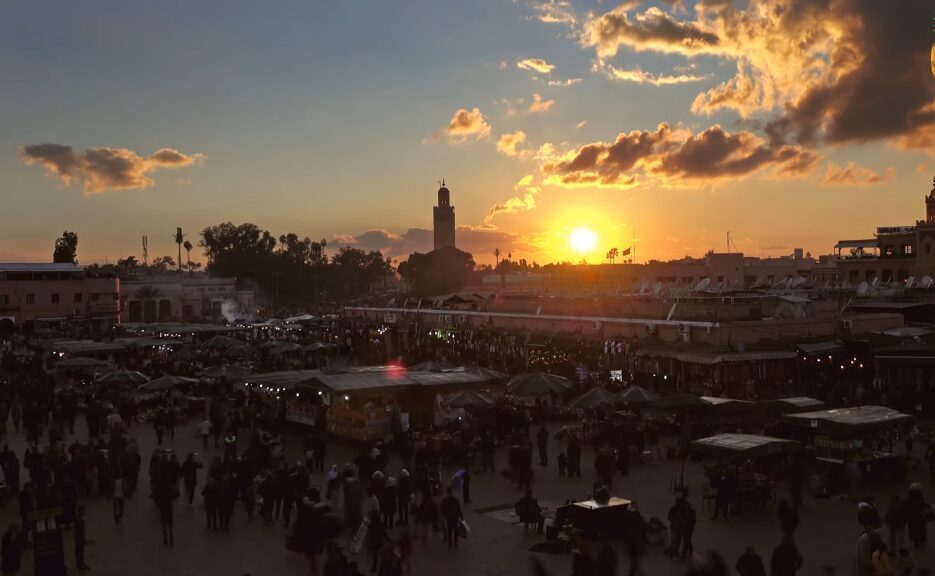
Travelers to Morocco must have a valid passport and, in most cases, a Morocco visa. Moroccan customs authorities may enforce strict regulations concerning the temporary importation or export of items such as firearms, drones, religious materials, antiquities, business equipment, and large quantities of currency. It is advisable to contact the Embassy of Morocco or the Moroccan Consulate General for specific information on Morocco customs regulations before traveling to the country.
Visa and Passport Requirements
Visitors to Morocco must possess a valid Morocco passport with at least six months of remaining validity. Depending on the purpose and duration of the trip, travelers may need to obtain a Moroccan visa prior to arrival. The specific Morocco visa requirements can vary, so it is recommended to consult the Moroccan diplomatic mission in the United States or the official Moroccan government website for the most up-to-date information.
Customs Regulations
Moroccan customs authorities enforce strict regulations regarding the temporary importation or export of certain items. Travelers should be aware of the restrictions on bringing in items such as firearms, drones, religious materials, antiquities, business equipment, and large amounts of currency. It is crucial to research the Morocco customs regulations before traveling and to declare all items upon arrival or departure to avoid potential issues or penalties.
Morocco Travel Advisory
The U.S. Department of State’s Morocco Travel Advisory provides valuable insights for U.S. citizens planning to travel to this North African country. The advisory highlights several special circumstances that travelers should be aware of, particularly for LGBTI individuals, women, students, and those with faith-based interests.
LGBTI Travelers
For LGBTI travelers, the advisory notes that consensual same-sex sexual relations are criminalized in Morocco, with penalties including fines and jail time. This is an important consideration for LGBTI individuals when visiting Morocco, as they must exercise caution and discretion to avoid potential legal repercussions.
Women Travelers
The advisory also warns women travelers that walking alone in certain areas of cities and rural regions may make them particularly vulnerable to assault by men. As such, the U.S. government recommends that women travelers exercise heightened caution and awareness when navigating Morocco, especially in isolated or less-populated areas.
Students and Faith-Based Travelers
For students and those traveling to Morocco for faith-based reasons, the advisory advises that proselytizing is prohibited in the country. U.S. citizens have been arrested, detained, and even expelled for discussing or attempting to engage Moroccans in debates about Christianity. Travelers with religious or spiritual interests should be mindful of these restrictions and avoid any activities that could be perceived as proselytizing.
By understanding the special circumstances outlined in the U.S. Department of State’s Morocco Travel Advisory, U.S. citizens can better prepare for a safe and successful trip to this diverse and culturally rich destination.
Legal Considerations
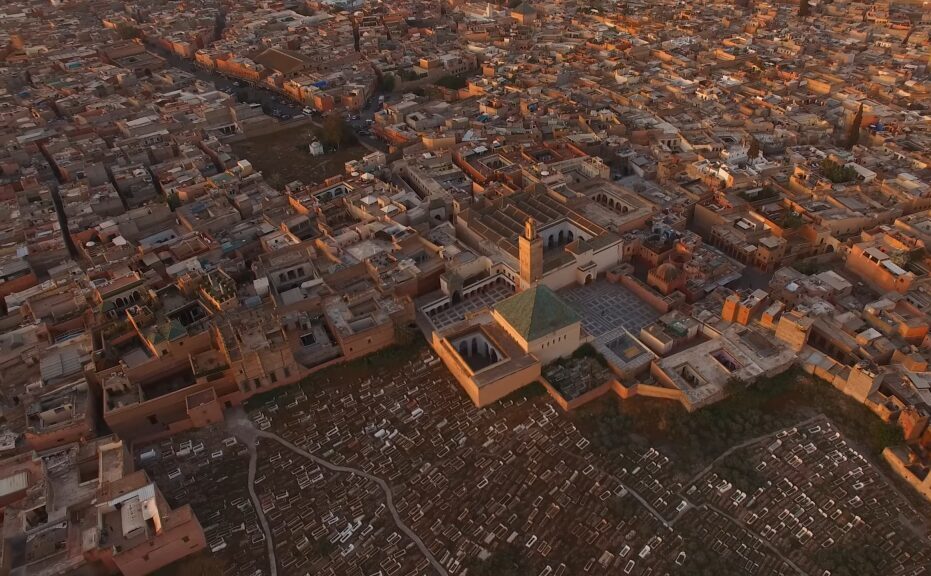
When traveling to Morocco, U.S. citizens must be aware that they are subject to local laws. Even unintentional violations of Moroccan laws can lead to expulsion, arrest, or imprisonment. The U.S. Department of State advises travelers to familiarize themselves with the country’s legal system and potential consequences.
Arrest and Detention
Crimes of fraud, such as passing bad checks, non-payment of bills, or breach of contract, are considered serious offenses in Morocco. These can often result in imprisonment and/or fines. Notably, bail is generally not available to non-residents of Morocco who are arrested for such crimes.
Local Laws and Penalties
Travelers to Morocco should exercise caution as they navigate the country’s local laws and penalties. Violating these laws, even inadvertently, can have serious repercussions, including fines and incarceration. It is essential for U.S. citizens to familiarize themselves with Moroccan regulations before and during their visit.
Residency Permits and Property Ownership
Obtaining a residency permit in Morocco requires a criminal history record check from the United States. Additionally, the U.S. Department of State advises that it is prohibited to send passports by mail across international borders, as they will be confiscated by Moroccan authorities.
Conclusion
In conclusion, the U.S. Department of State’s Morocco Travel Advisory provides valuable information for American citizens planning to visit Morocco. The advisory highlights the current threats and risks, including terrorism, political unrest, and crime, and offers safety tips and guidance on entry and exit requirements, as well as legal considerations.
Travelers to Morocco are advised to stay informed, exercise caution, and enroll in the Smart Traveler Enrollment Program (STEP) to ensure their safety and security during their visit. By being aware of the potential risks and taking the necessary precautions, American tourists can have a safe and enjoyable experience in this North African country.
Overall, the Morocco Travel Advisory serves as a comprehensive resource for U.S. citizens, empowering them to make informed decisions and take appropriate measures to protect themselves while exploring the rich culture and landscapes of Morocco.
FAQ
What are the current travel warnings and risks in Morocco?
The U.S. Department of State has issued a Morocco Travel Advisory, advising U.S. citizens to exercise increased caution due to the threat of terrorism. Terrorist groups continue to plot possible attacks in Morocco, targeting tourist locations, transportation hubs, markets/shopping malls, and local government facilities. The advisory also warns of the risk of political unrest and serious crimes of fraud, which can result in imprisonment and fines.
What safety tips are recommended for travelers to Morocco?
The U.S. government advises travelers to Morocco to stay alert in locations frequented by tourists, avoid demonstrations and crowds, and enroll in the Smart Traveler Enrollment Program (STEP) to receive alerts and make it easier to locate them in an emergency.
What are the entry and exit requirements for traveling to Morocco?
Travelers to Morocco must have a valid passport and, in most cases, a visa. Moroccan customs authorities may enforce strict regulations concerning the temporary importation or export of certain items, so it is advisable to contact the Embassy of Morocco or the Moroccan Consulate General for specific information on customs requirements.
What special circumstances should travelers to Morocco be aware of?
The travel advisory provides information on special circumstances for LGBTI travelers, women travelers, and students or faith-based travelers. It notes that consensual same-sex sexual relations are criminalized in Morocco, and that women walking alone in certain areas are particularly vulnerable to assault. The advisory also warns that proselytizing is prohibited in Morocco, and U.S. citizens have been arrested, detained, and/or expelled for discussing or trying to engage Moroccans in debate about Christianity.
What are the legal considerations for U.S. citizens traveling to Morocco?
The U.S. Department of State advises that U.S. citizens are subject to local laws in Morocco, and if they violate local laws, even unknowingly, they may be expelled, arrested, or imprisoned. Crimes of fraud, including passing bad checks, non-payment of bills, or breach of contract, are considered serious in Morocco and can often result in imprisonment and/or fines. Bail is generally not available to non-residents of Morocco who are arrested for such crimes. Additionally, obtaining a residency permit in Morocco requires a criminal history record check from the United States, and it is prohibited to send passports by mail across international borders, as they will be confiscated by Moroccan authorities.
Source Links
- https://travel.state.gov/content/travel/en/traveladvisories/traveladvisories/morocco-travel-advisory.html
- https://travel.state.gov/content/travel/en/international-travel/International-Travel-Country-Information-Pages/Morocco.html
- https://ma.usembassy.gov/u-s-citizen-services/security-and-travel-information/

